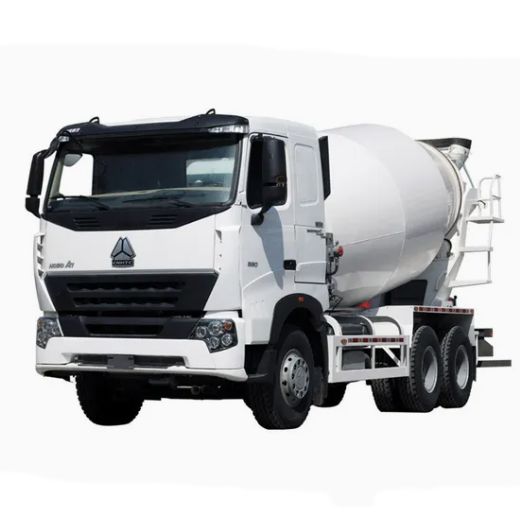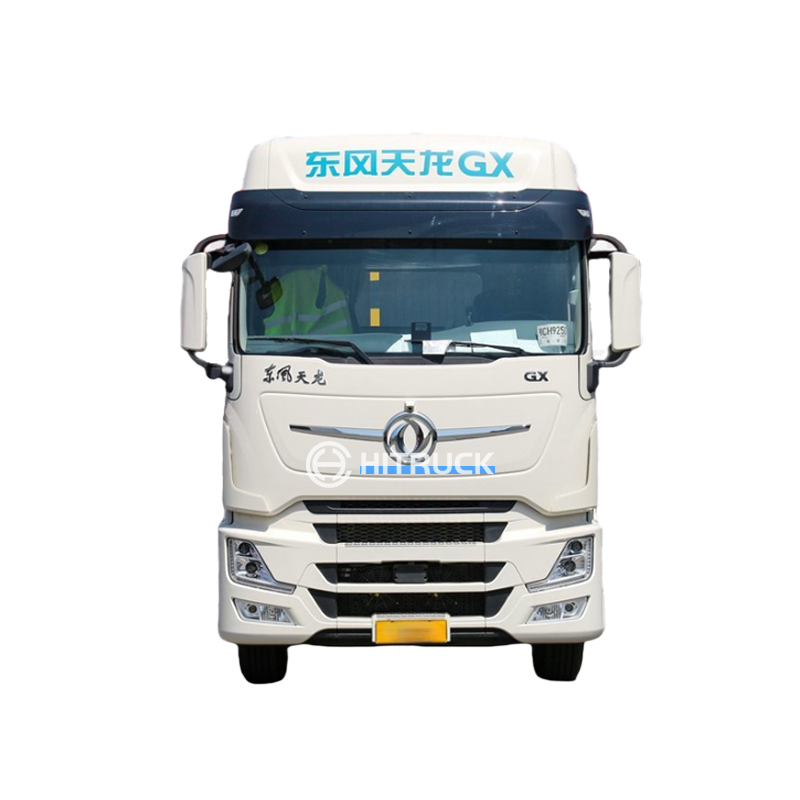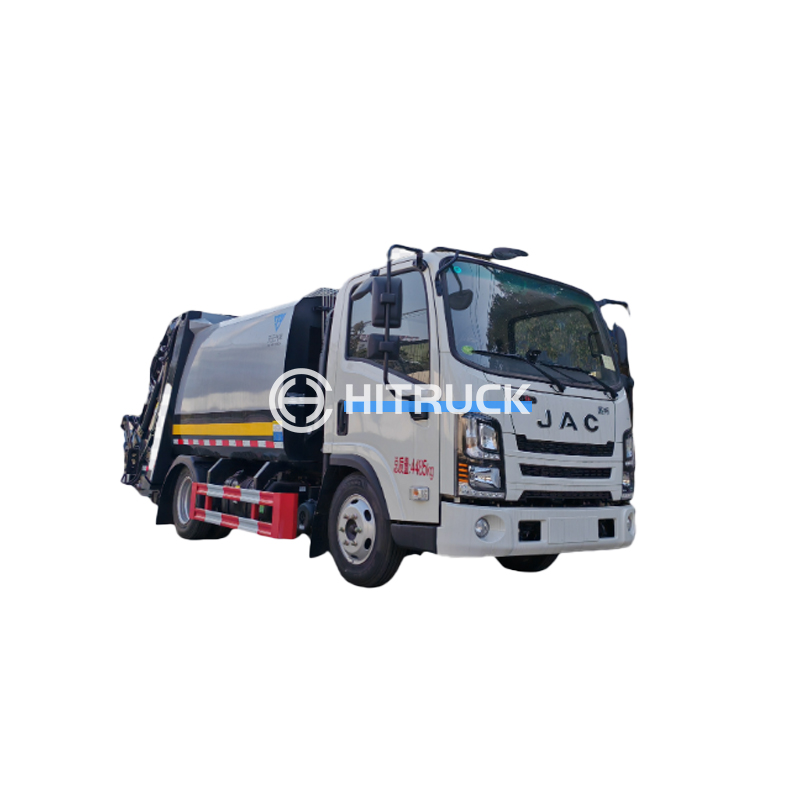Find the Perfect Drinking Water Truck for SaleThis guide helps you find the ideal drinking water truck for your needs, covering types, features, pricing, and where to buy. We'll explore various models and factors to consider before making a purchase.
Types of Drinking Water Trucks
Tank Capacity and Material
The capacity of a drinking water truck for sale varies significantly, ranging from smaller units for local deliveries to larger tankers for long-distance transportation. Tank material is crucial; stainless steel is preferred for its durability and hygiene, while other materials like polyethylene may offer cost advantages but potentially compromise longevity. Consider your daily water delivery needs when selecting a suitable tank size and material.
Chassis and Engine
The chassis and engine significantly impact the truck's performance, fuel efficiency, and overall lifespan. Look for robust chassis constructions and reliable engines known for their power and dependability. Different engine types offer diverse fuel economy and power outputs, affecting both operating costs and transportation capabilities. Research reputable brands and compare specifications before making a decision.
Pumping System
An efficient pumping system is critical for quick and reliable water dispensing. Evaluate the pumping capacity, pressure, and flow rate to ensure they align with your operational requirements. Some systems include features like flow meters for precise volume control, while others might incorporate self-priming capabilities for ease of use.
Additional Features
Many drinking water trucks offer additional features to enhance functionality and safety. These might include water filtration systems, temperature control, multiple compartments, and advanced safety systems like anti-lock brakes (ABS) and electronic stability control (ESC).
Factors to Consider When Buying a Drinking Water Truck
Budget
The cost of a drinking water truck for sale varies greatly based on factors like size, features, and condition (new or used). Establish a clear budget before beginning your search to avoid exceeding your financial limits. Consider financing options if necessary.
Operational Needs
Your daily water delivery volume, distance, and terrain will influence your choice of truck. Evaluate your transportation requirements carefully to ensure the truck's capacity and capabilities match your needs.
Maintenance and Repair
Regular maintenance is essential to prolong the life of a drinking water truck. Consider the cost of routine maintenance and potential repairs when making your decision. Choose a brand known for its reliability and readily available parts and service.
Regulations and Permits
Before purchasing, research and understand the relevant regulations and permits required to operate a drinking water truck in your area. Compliance with these standards is crucial to avoid legal issues.
Where to Buy a Drinking Water Truck
You can find drinking water trucks for sale through various channels: Dealerships: Dealers specializing in commercial vehicles often carry a range of drinking water trucks. Online Marketplaces: Websites like
Hitruckmall offer a broad selection of trucks, including specialized vehicles like water tankers. Auction Sites: Auction sites can offer competitive prices, but thorough inspection is critical before purchasing used vehicles. Private Sellers: Private sellers may offer individual trucks at varying price points.
Choosing the Right Drinking Water Truck: A Summary
Selecting the perfect drinking water truck involves careful consideration of various factors. By understanding your operational needs, budget constraints, and the different features available, you can make an informed decision that meets your requirements for years to come. Remember to prioritize safety, reliability, and efficient operation when evaluating your options. Consult with professionals if needed to ensure you make the best choice for your business.
| Feature | Considerations |
| Tank Capacity | Daily water delivery volume, future growth potential |
| Tank Material | Durability, hygiene, cost |
| Pumping System | Capacity, pressure, flow rate |
| Engine and Chassis | Reliability, fuel efficiency, terrain suitability |












